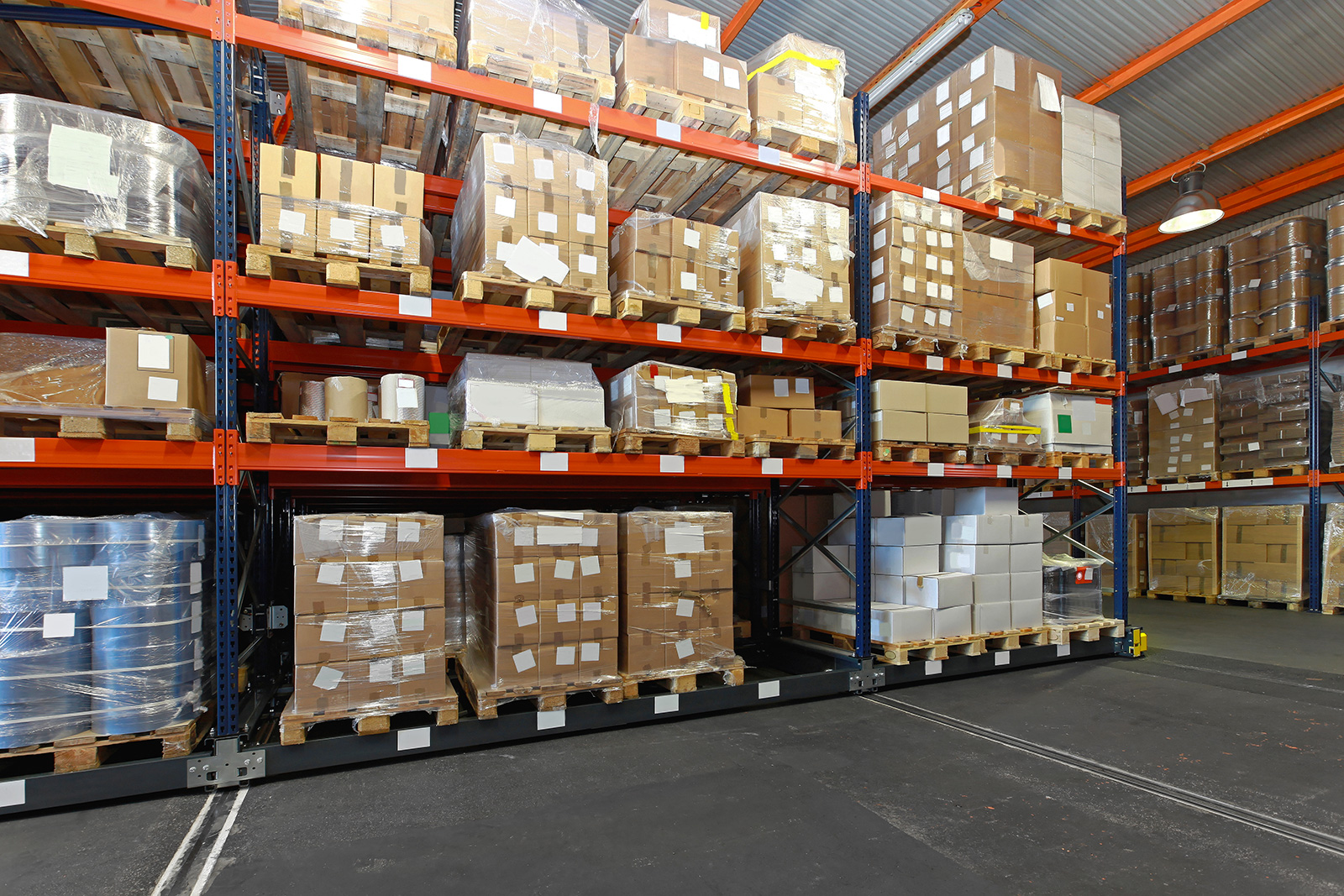Warehouse storage plays a crucial role in the efficient operation of businesses across various industries. It is a key component of supply chain management and logistics. Here are some expert insights into why warehouse storage is so important:
Inventory Management
Effective warehouse storage allows businesses to manage and control their inventory. By providing a designated space for products and materials, companies can monitor stock levels, track product movement, and maintain accurate records.
Improved Product Accessibility
Well-organised warehouse storage systems make it easier to locate and access products. This accessibility is crucial for efficient order picking and fulfilment, reducing the time and labor required to fulfil customer orders.
Reduced Labor Costs
Efficient warehouse storage minimises the need for excessive manual handling and labor. Goods can be stored and retrieved quickly, reducing labor costs associated with handling, searching for products, and organising inventory.
Enhanced Order Fulfilment
Quick and accurate order fulfilment is essential for customer satisfaction. Efficient storage ensures that items are readily available and can be shipped promptly, improving delivery times and customer service.
Inventory Safety and Security
Proper warehouse storage safeguards inventory from damage, theft, and environmental factors. By implementing security measures and protective storage solutions, businesses can protect their assets and reduce losses.
Seasonal and Bulk Storage
Warehouses provide a space for storing seasonal, bulk, or excess inventory that might not fit in smaller retail locations. This flexibility enables businesses to accommodate fluctuations in demand and reduce costs.

Better Supply Chain Management
Effective warehouse storage is a critical element of supply chain management. It allows businesses to balance supply and demand, ensuring a continuous flow of products from manufacturers to distributors, retailers, and ultimately to consumers.
Just-in-Time Inventory
Warehousing can facilitate just-in-time (JIT) inventory management. By storing products near the point of use or distribution, companies can reduce the need for large inventory stockpiles, minimising holding costs and capital tied up in inventory.
Quality Control
Warehouses often serve as quality control hubs where goods can be inspected, tested, or repaired if necessary. This ensures that only high-quality products reach customers, reducing returns and enhancing brand reputation.
Efficient Returns Processing
Warehouse storage is essential for processing product returns. Efficiently managing returned items, whether for repair, recycling, or resale, can save businesses time and resources.

